Year 1 Teaching & Learning
Term 4 2025
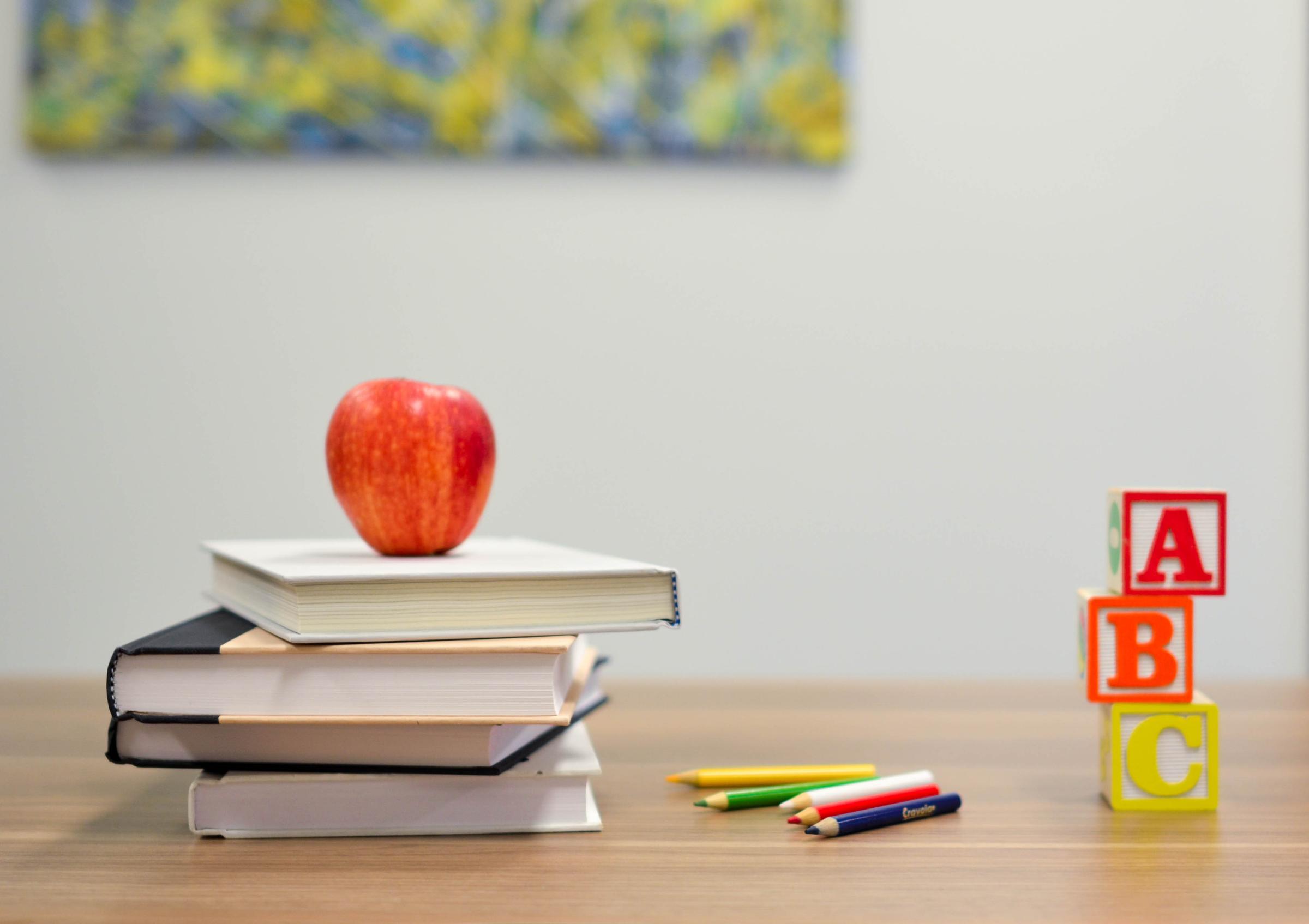
Year 1 Teaching & Learning
Term 4 2025
This term, teachers will continue using InitiaLit in classes to teach reading. The Term 4 InitiaLit ‘On the Mat’ program continues exploring important spelling and reading skills. Students are learning about the letter ‘c’ when it sounds like /s/ as in “ce,” “ci,” “cy” and the letter ‘g’ when it sounds like /j/ as in “ge,” “gi,” “gy”. Students will also practise spelling patterns like the trigraphs “_dge” as in “bridge” and “_tch” as in “catch”. Students will begin to understand prefixes like “un-” to change word meanings and work with multi-syllable words. These lessons strengthen students’ reading, spelling, and vocabulary, building confidence in their ability to read and write independently.
In our writing unit, students are learning about persuasive writing. They are identifying words that express opinions and exploring how pictures and writing work together to explain ideas. Students will reflect on their own experiences to share their opinions on topics. They will also learn to consider who the writing is for and what it aims to communicate. By creating their own persuasive stories, students will practise writing paragraphs that focus on one main idea supported by details. This helps them improve their ability to share their thoughts and ideas with others.
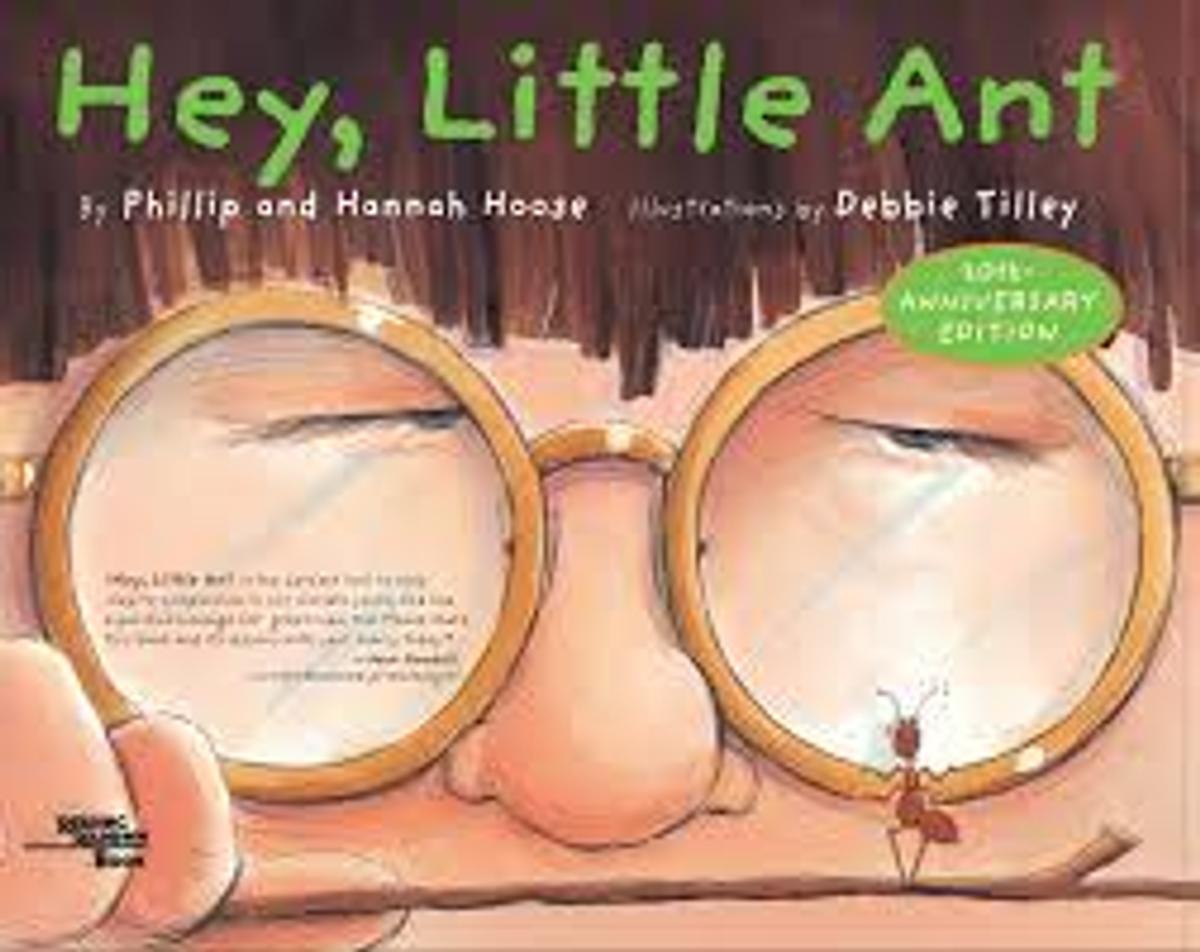
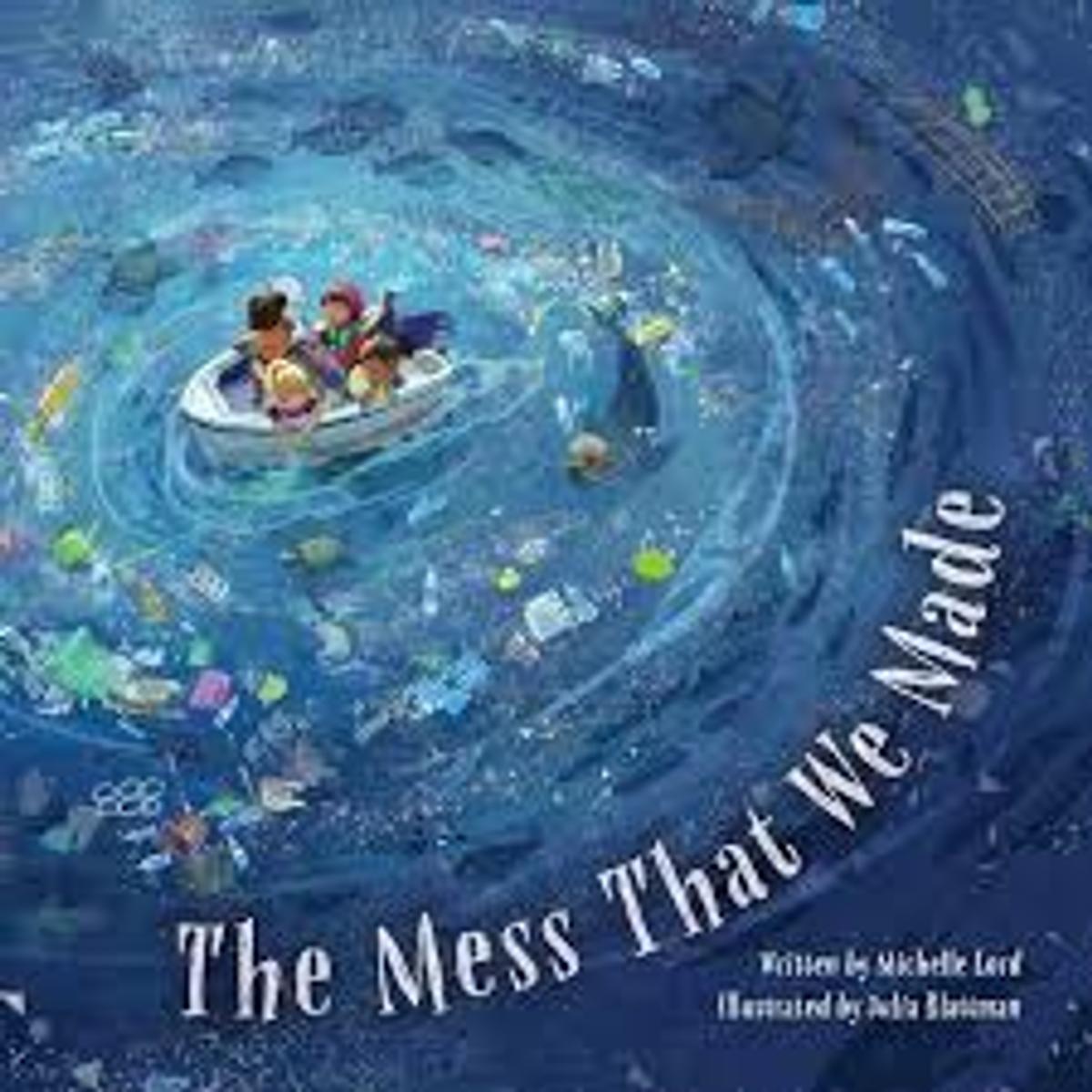
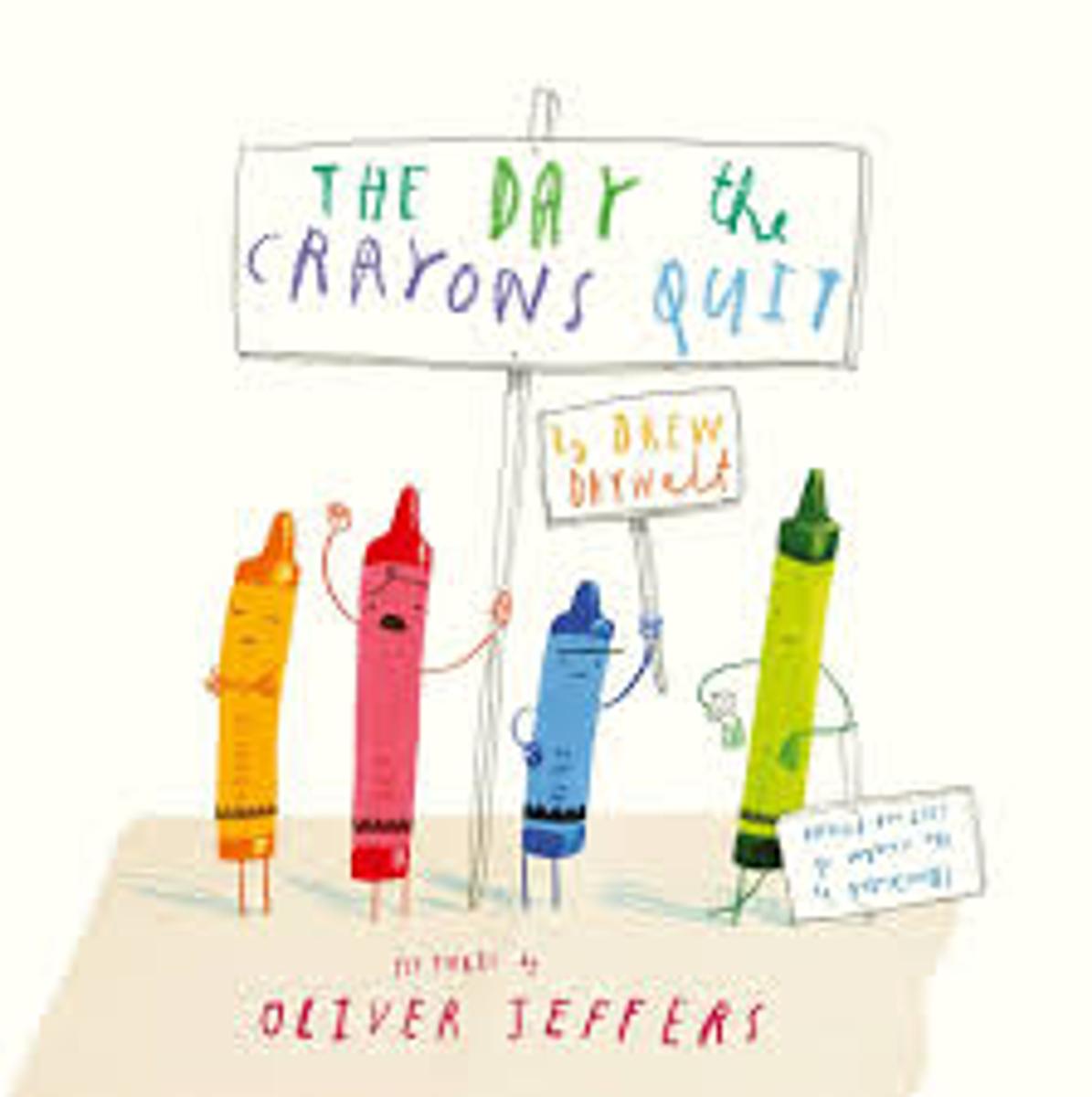
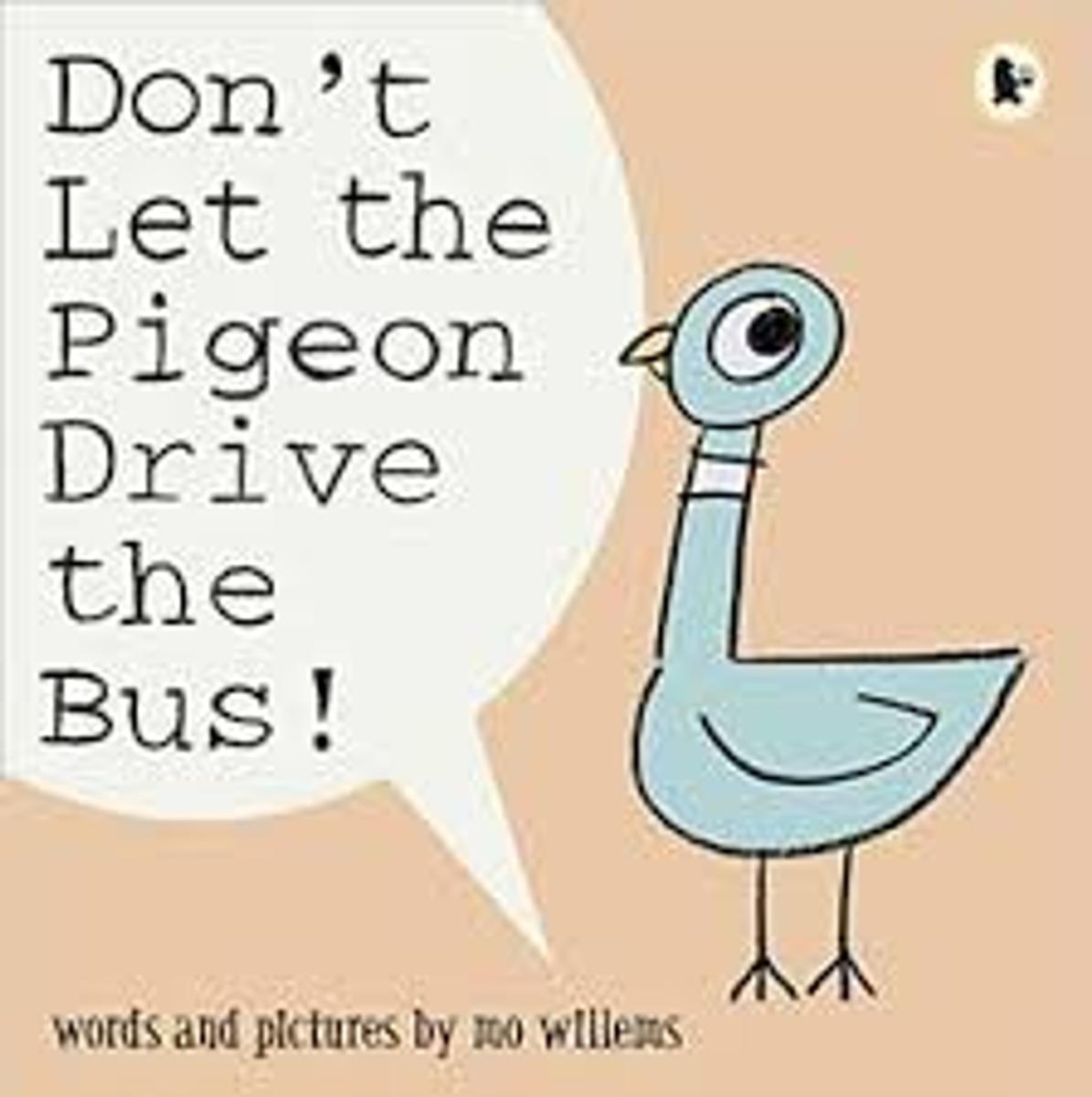




This term, we will explore a variety of mathematical concepts. Our lessons are designed to combine explicit teaching with independent activities tailored to each student's needs, ensuring challenging and engaging learning experiences.
Weeks 1-3: Representing Whole Numbers, Mass and Time
This cycle focuses on representing whole numbers, helping students understand and express numbers in various ways. They will also investigate mass by comparing, measuring, and understanding the weight of different objects through hands-on activities. Additionally, students will develop skills to read and tell time, including recognising o’clock and half-past on clocks.
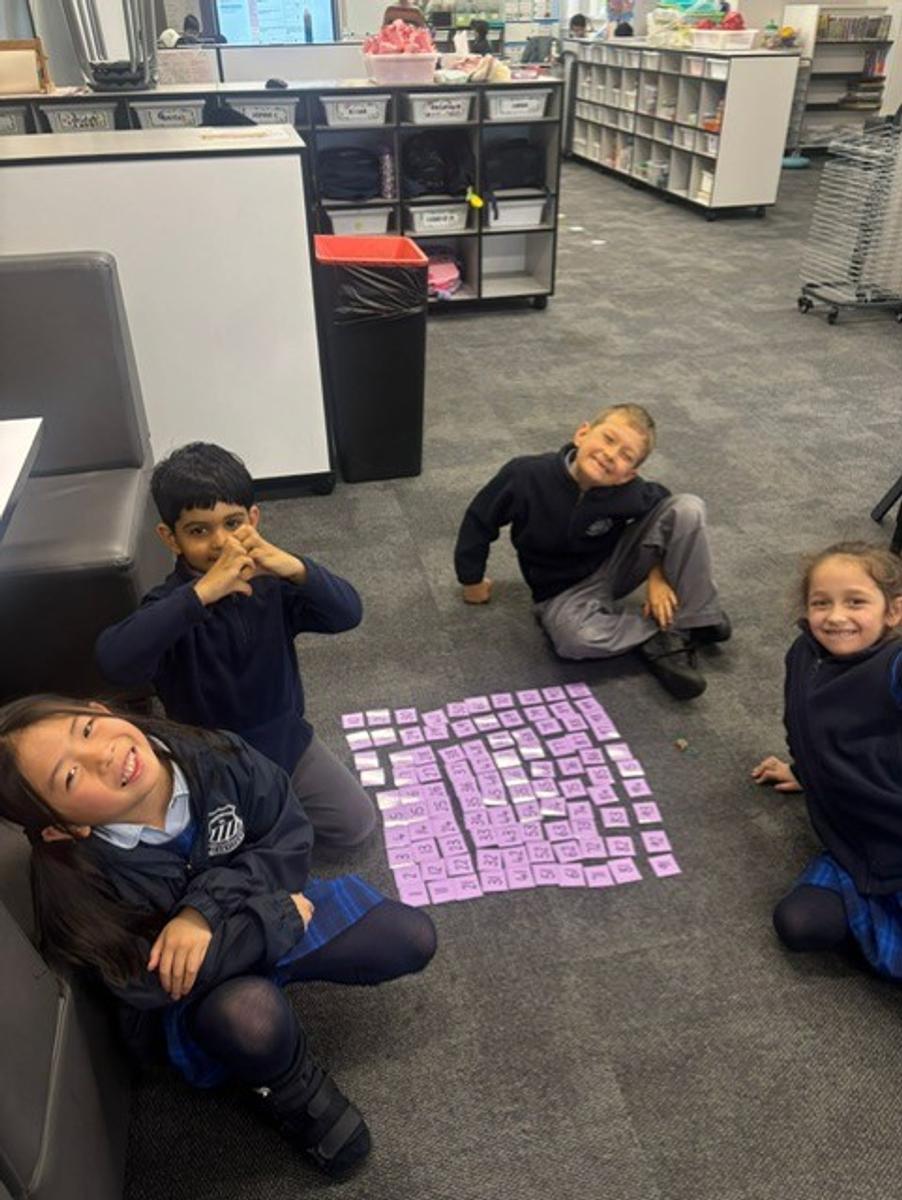
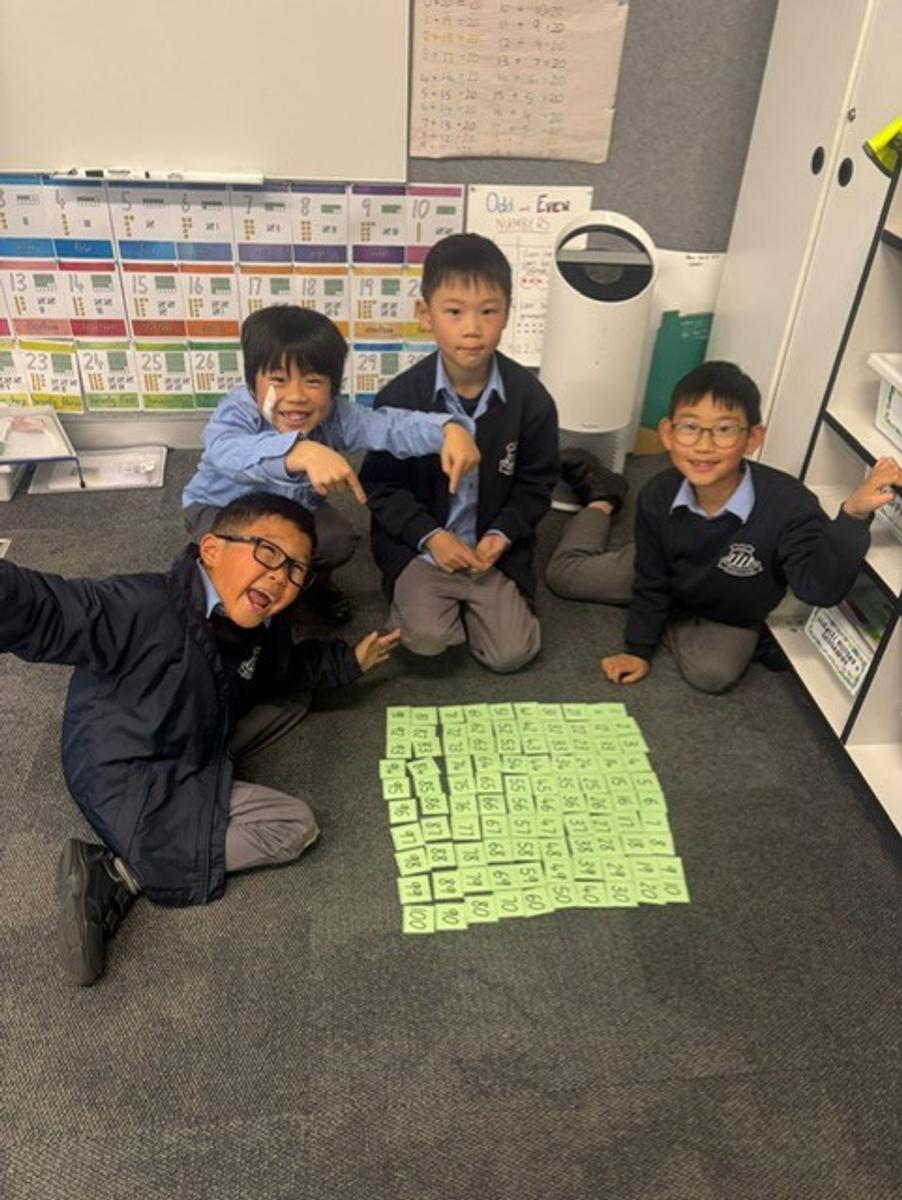
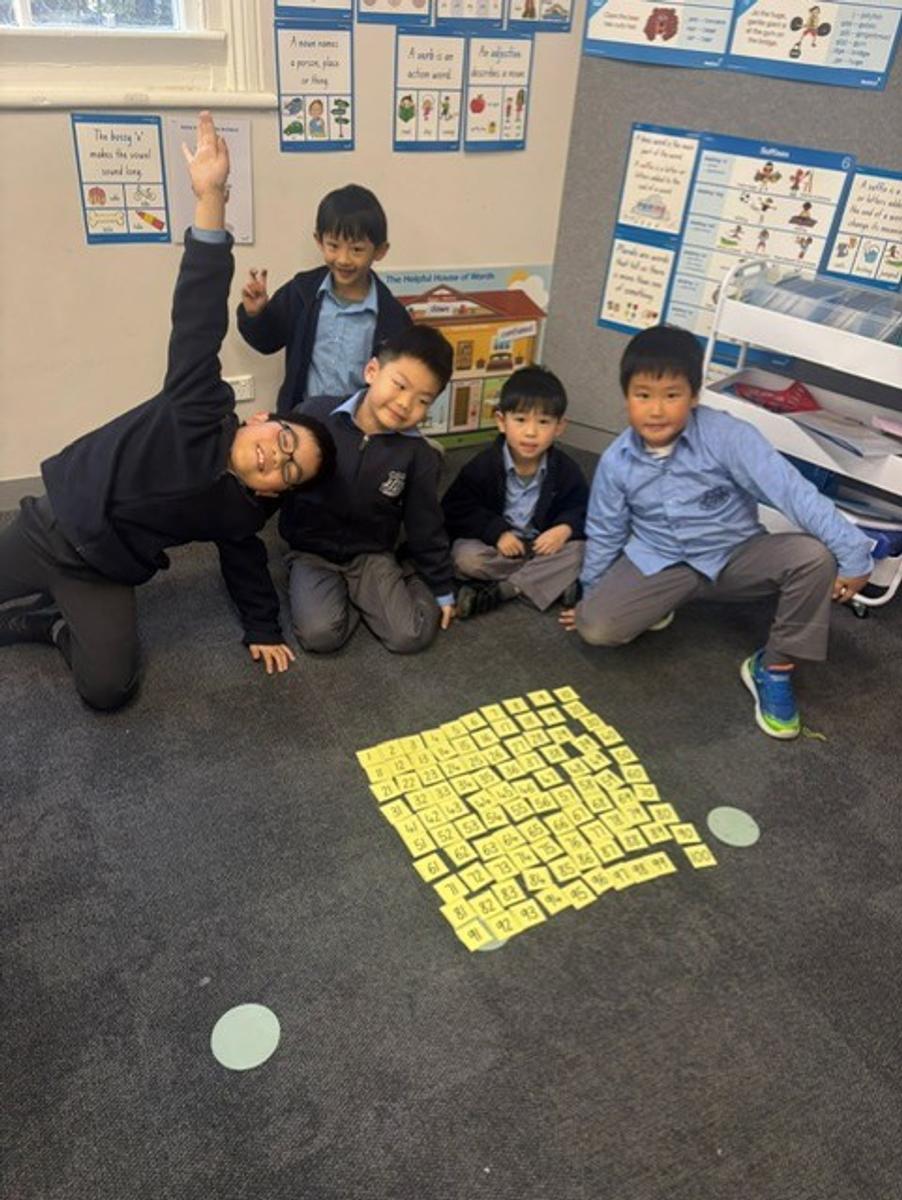



Weeks 4-6: Combining and Separating Quantities and Position
This cycle, students are building strong foundations in addition and subtraction through hands-on activities. They are learning effective strategies such as doubling numbers, making groups of ten, and using materials to solve problems. We encourage students to represent their thinking using concrete objects and pictures, which supports their understanding of how numbers relate to each other. They will also explore word problems, discover the connection between addition and subtraction, and practise recalling number facts. In position lessons, students use models, drawings, and maps to create pathways and identify locations in familiar environments.
Weeks 7-9: Forming Groups and Three-Dimensional Objects and Volume
In this cycle, students will explore division by grouping and sharing objects, as well as recognising and representing halves, quarters, and eighths using hands-on materials. They will learn to model doubling and halving, and investigate remainders when groups cannot be divided equally. In measurement and geometry, students will sort, describe, and name features of familiar three-dimensional objects and compare volumes using informal units.
This term, students learn about family life by exploring how families lived long ago compared to today. They discover what has changed and what has remained the same. Students share stories about their own families and learn about other cultures and traditions. They use terms like "then and now" to discuss time and important events such as birthdays and celebrations. Through this exploration, students begin to understand history and how to ask questions about the past. This helps them connect with their own heritage and appreciate the diversity within their community.
This term, our students explore the exciting world of materials. They learn how materials can be bent, twisted, stretched, and combined to create new things. Through hands-on activities, students investigate what makes materials strong or flexible and how to use them for different purposes. They also practise solving problems by following and creating simple step-by-step instructions, sometimes using digital tools. This unit helps students develop important skills in observing, asking questions, and sharing their ideas. It offers a fun way to understand how objects around us are made and how science and technology work together.
In Personal Development and Health, students are learning how to keep themselves and others healthy, safe and active. They explore personal hygiene habits such as brushing teeth and wearing sun protection, understand the importance of rest, sleep, and mindfulness, and discover how healthy eating supports wellbeing. Students also learn about Indigenous bush tucker, its cultural significance, and healthy food choices. They discuss how their decisions and actions can affect not only their own health but also that of others, including understanding allergies and contamination. By examining who influences their health choices and exploring health messages, students gain skills to make positive, informed decisions every day.
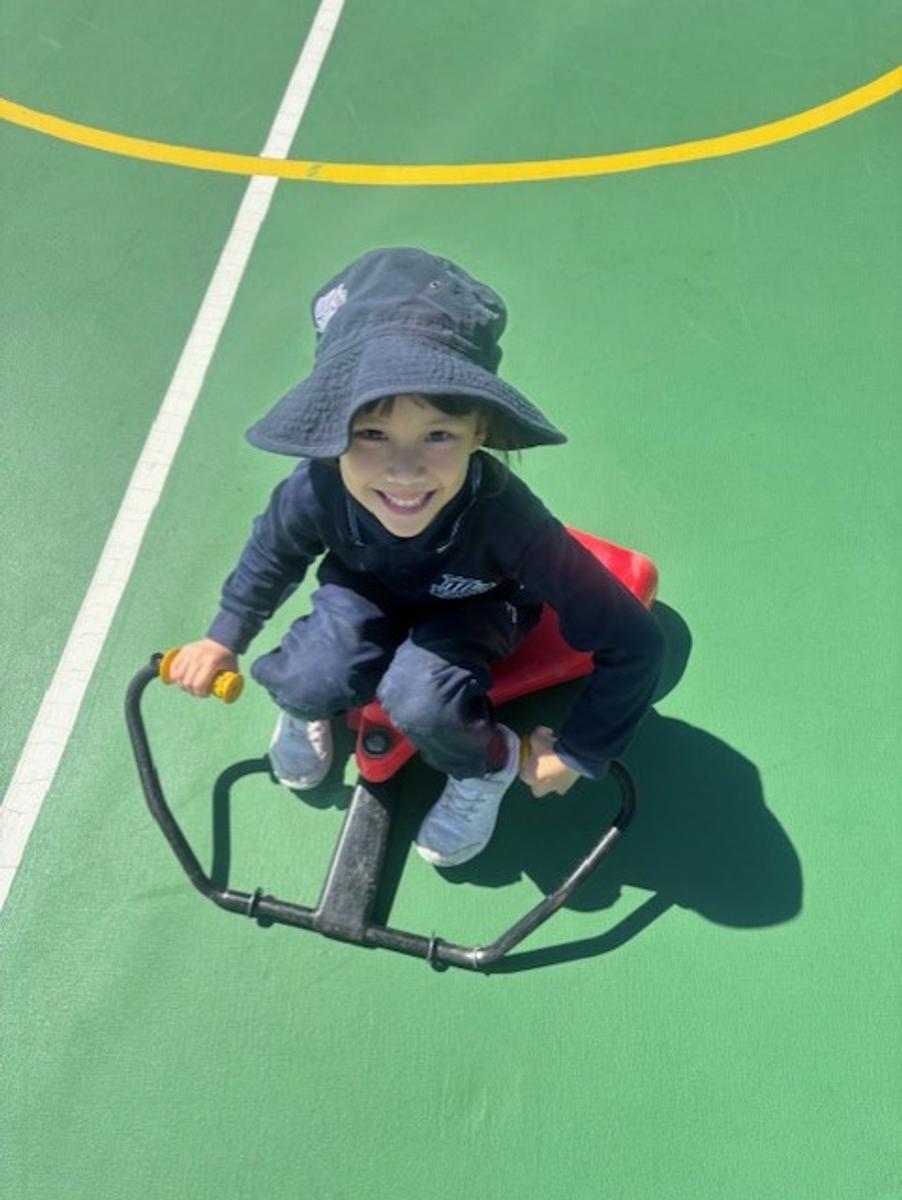
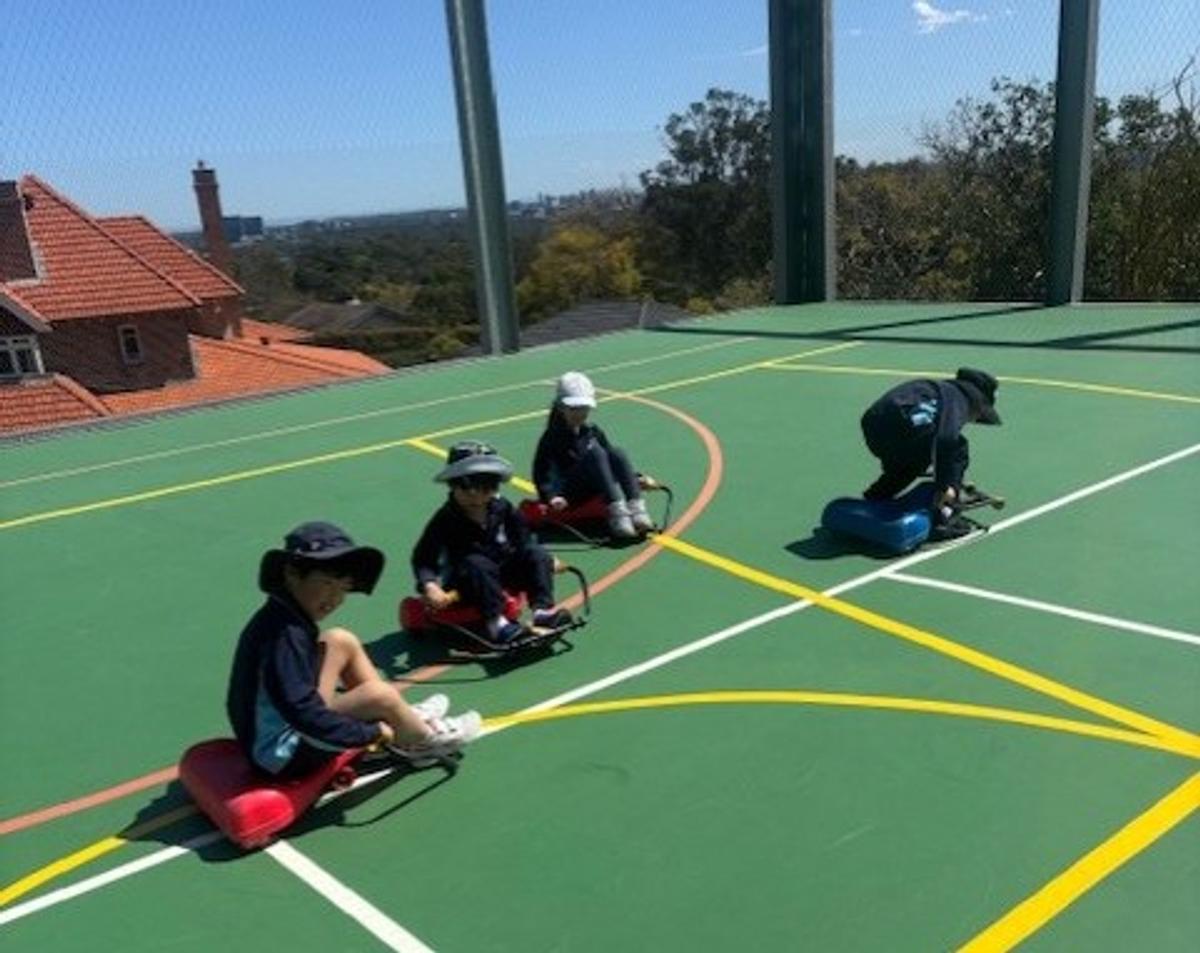
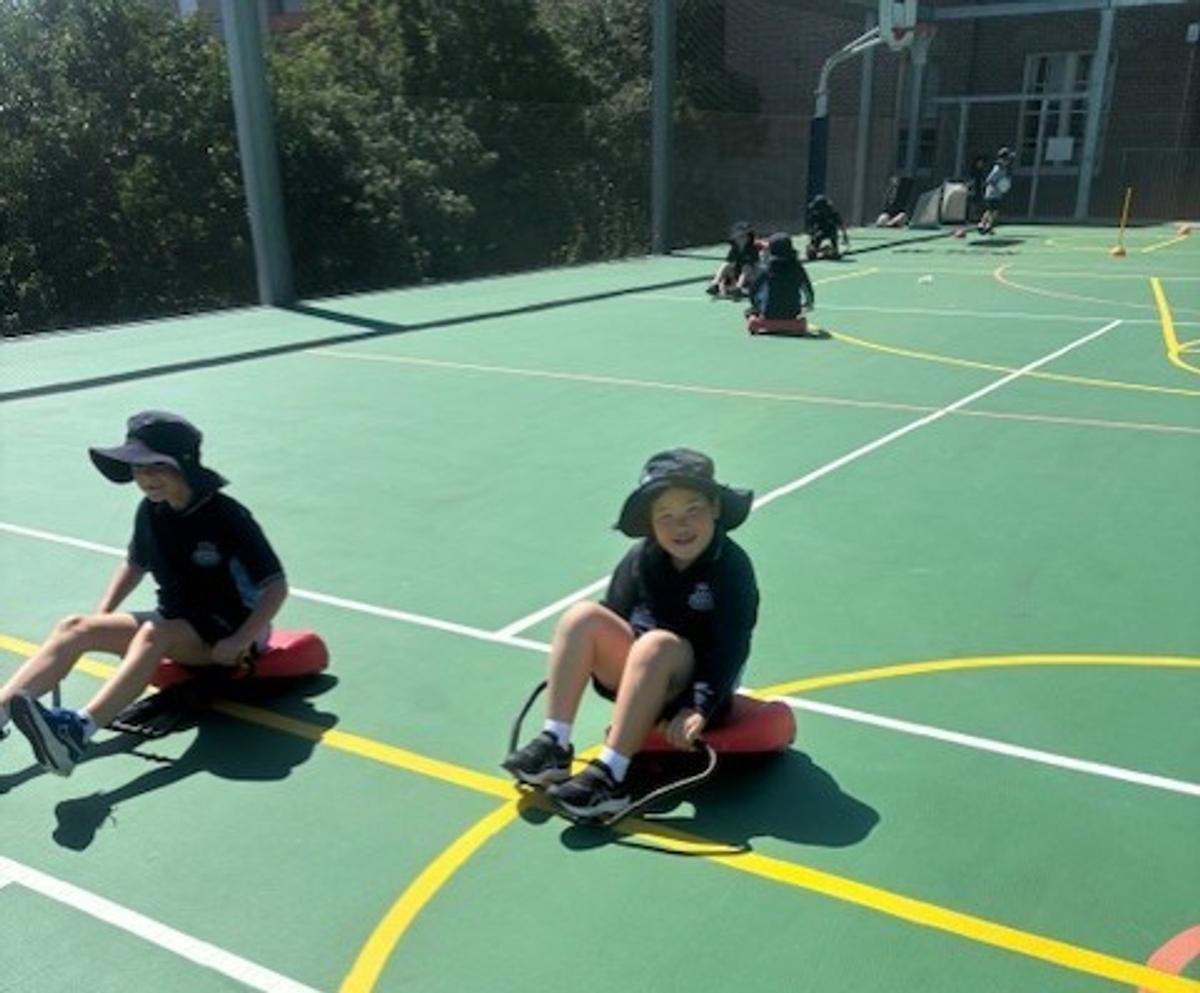
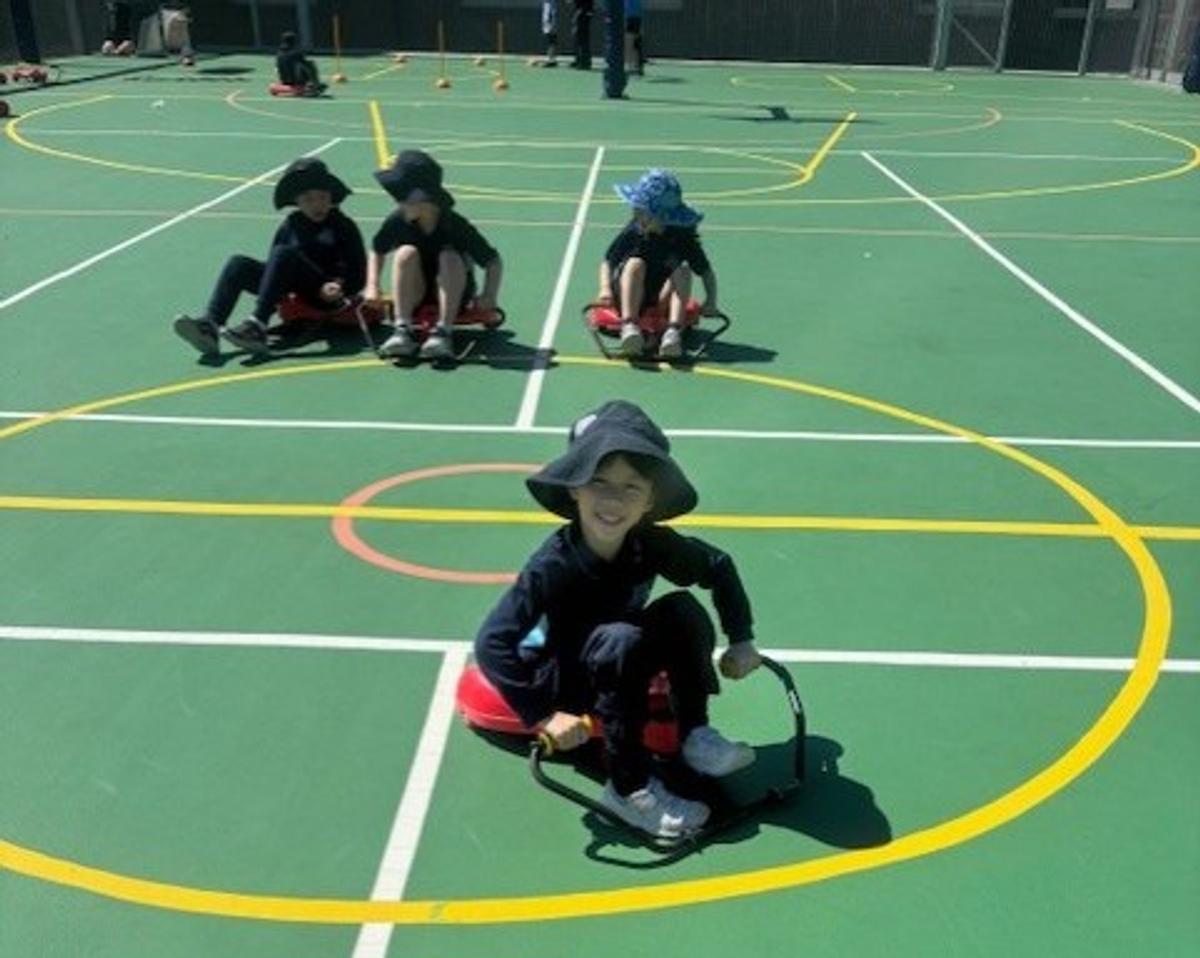
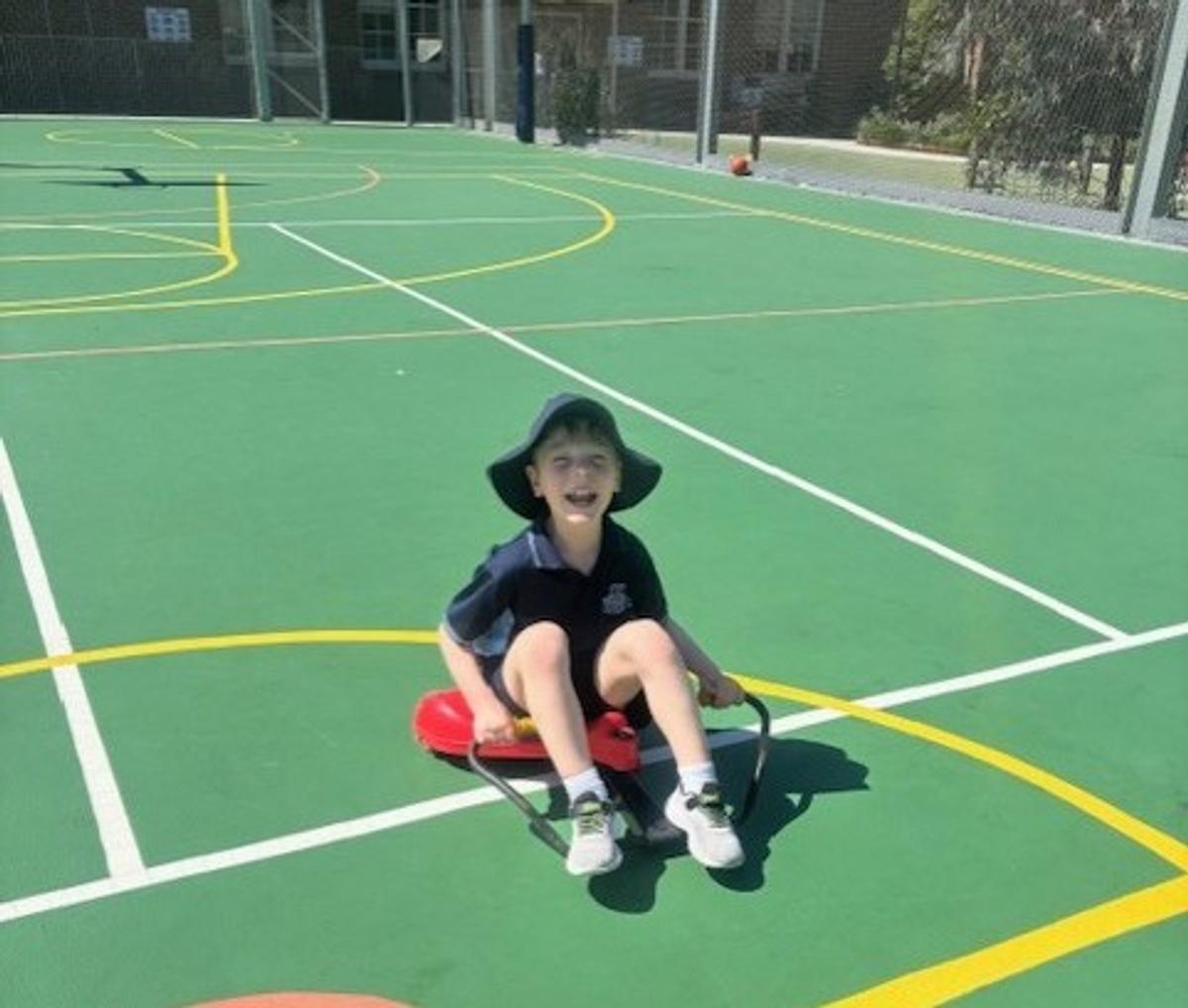





In Physical Education, our Sports in Schools Australia program places a strong emphasis on fun and fitness, allowing children of all levels of skill and fitness to participate. Through this program, students explore the different ways the body can move, with an emphasis on the dominant movement patterns approach involving:
In drama lessons, students will explore the three fundamental elements of drama, including character, plot, and theme, and implement them in storytelling techniques through games and scripted role-play.
In visual arts, students will design their own characters and illustrate them using watercolour techniques. In art theory, they will study the artist Henry Matisse while learning about the colour wheel and the art technique of pointillism, where small dots of colour are used to create an image.
Mandarin
This term in Mandarin, Stage 1 students will be exploring the topic of food. Through hands-on and creative activities, students will learn to identify and talk about different food items in Mandarin. They will also make fun food-themed crafts and practise expressing their likes and dislikes using simple Mandarin sentences. Students with prior knowledge will extend their learning by using longer sentence structures to describe the foods they enjoy or dislike, building confidence in both speaking and writing.
Korean
In Term 4, Stage 1 students will be learning about seasons. They will explore weather patterns and seasonal changes, and discuss the differences between the seasons in Australia and Korea. Students will also have the opportunity to share their favourite seasons and the activities they enjoy during those times.
This term, students will participate in InitiaLit Storybook lessons during library time. The books will provide opportunities for students to learn and use new words, improve their listening comprehension, and develop a love of literature.
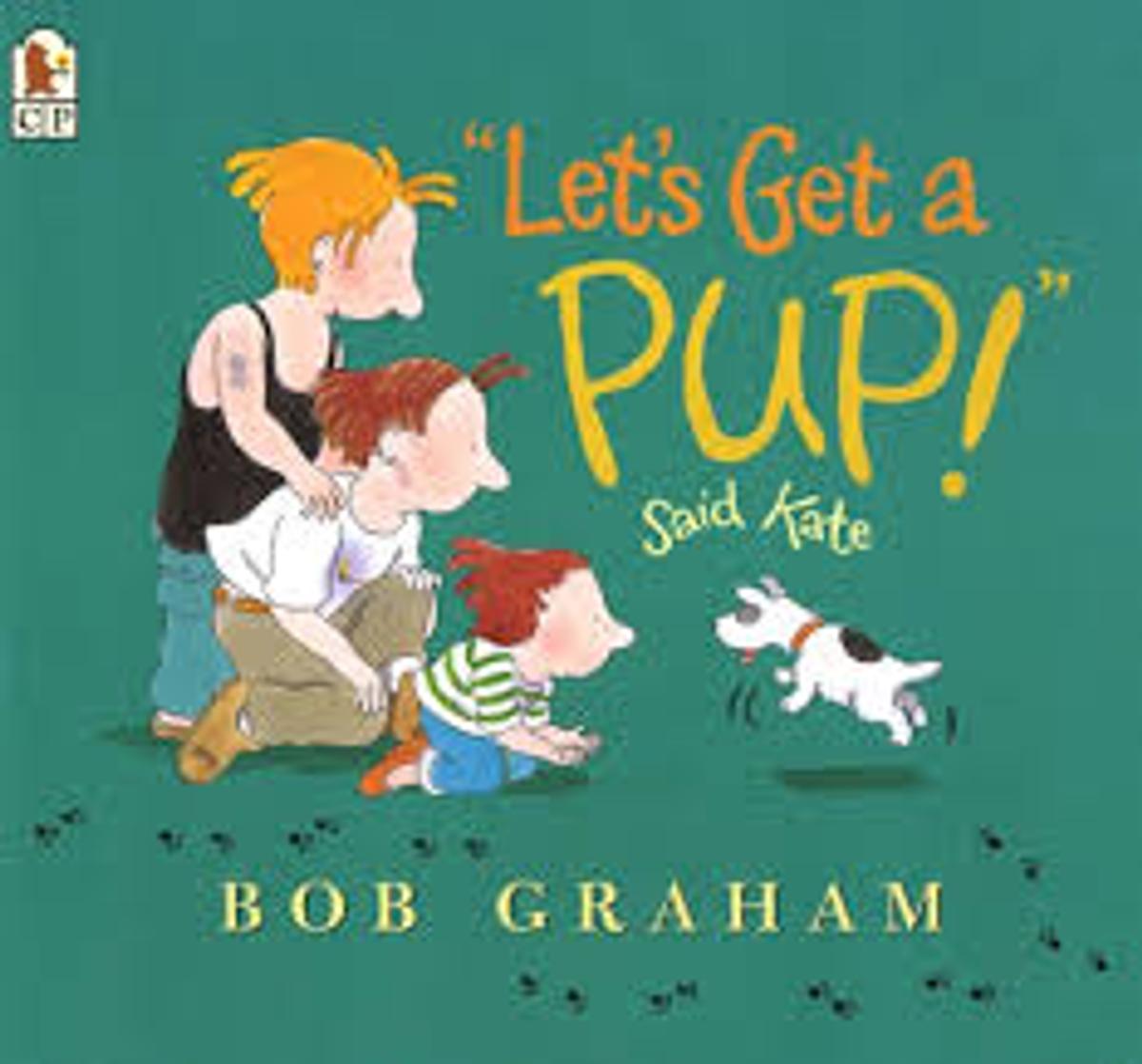
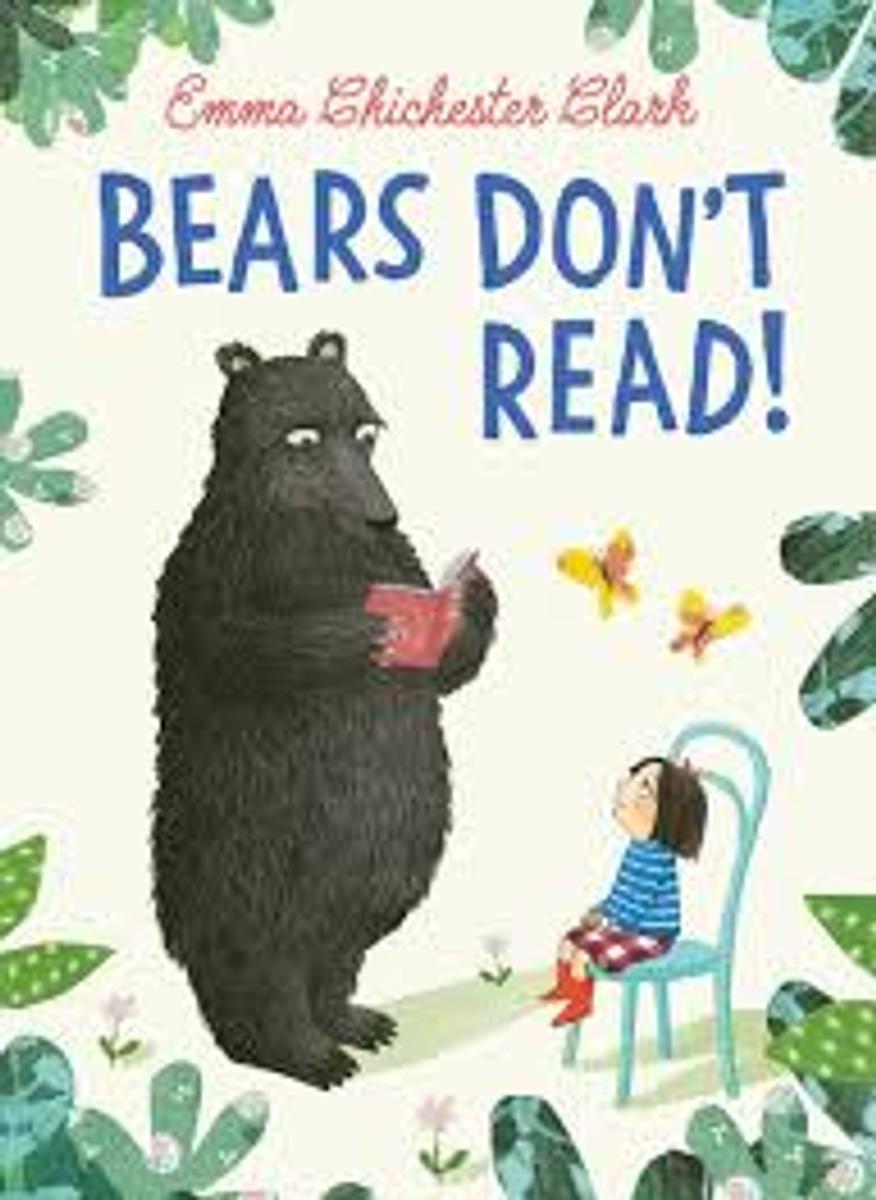

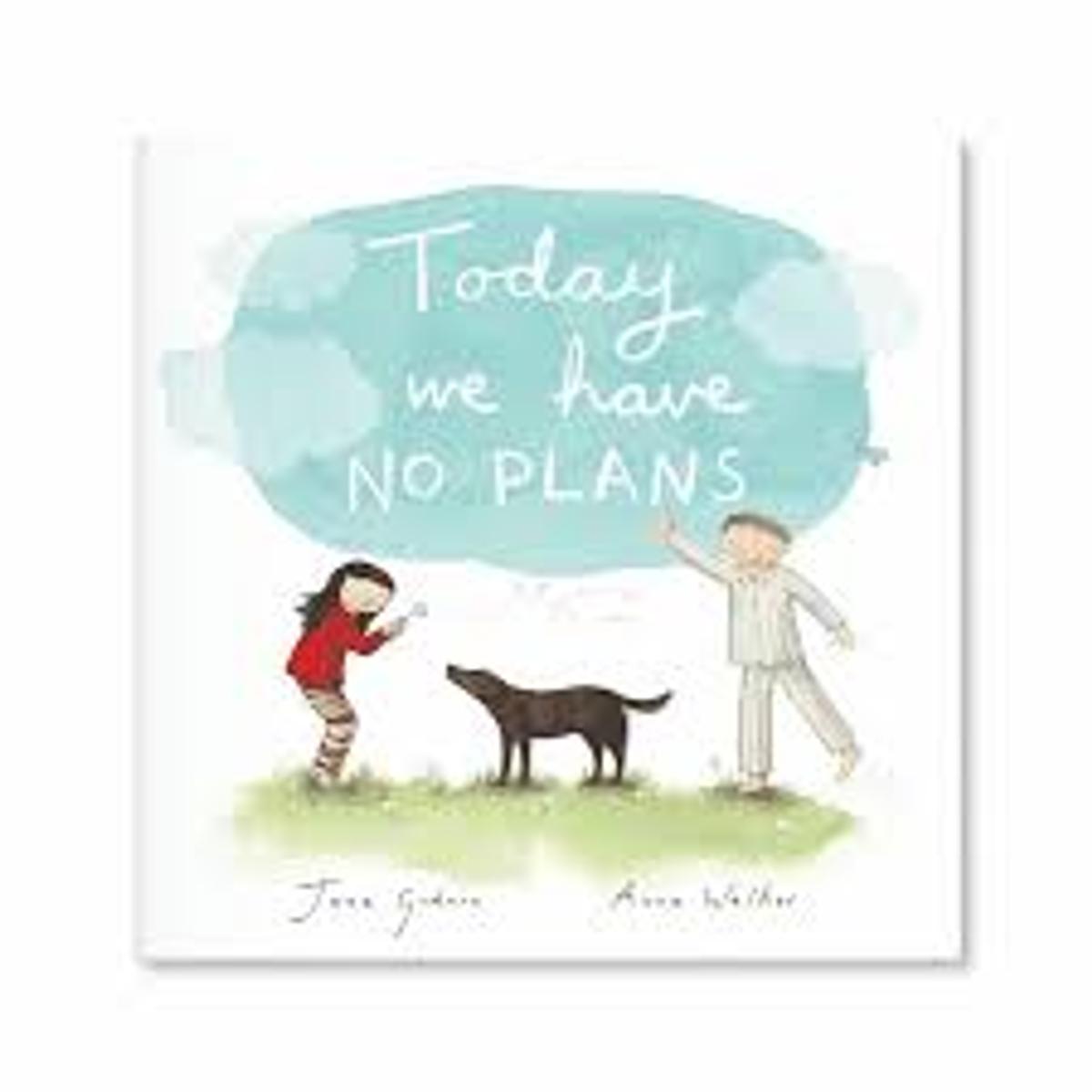




Students may borrow up to two books a week in Stage 1 and can borrow from junior fiction, fast fiction, and junior non-fiction. All students must have a library bag to borrow books. A library bag is any kind of protective bag that covers the books to and from school, so please use no disposable paper or plastic bags. Students may loan books from the library for two weeks at a time.
Throughout the term, students working on all phases of English as an Additional Language or Dialect will continue to be supported in their classrooms by specialist teachers and classroom teachers. Each program of learning content provides differentiated instruction and activities for all students to achieve progress in their learning.